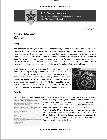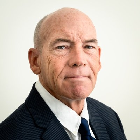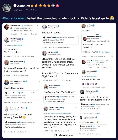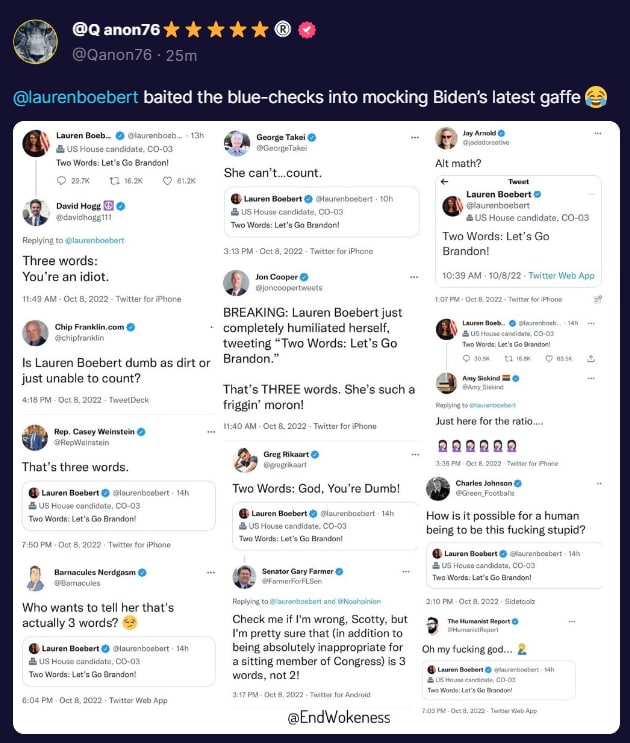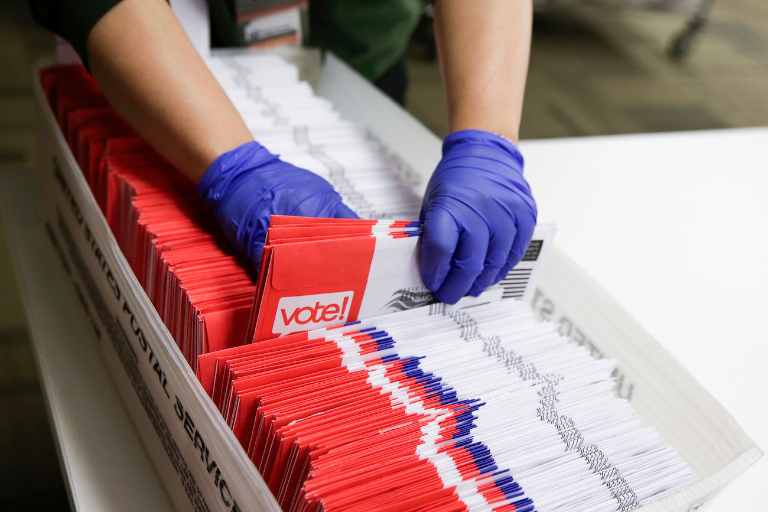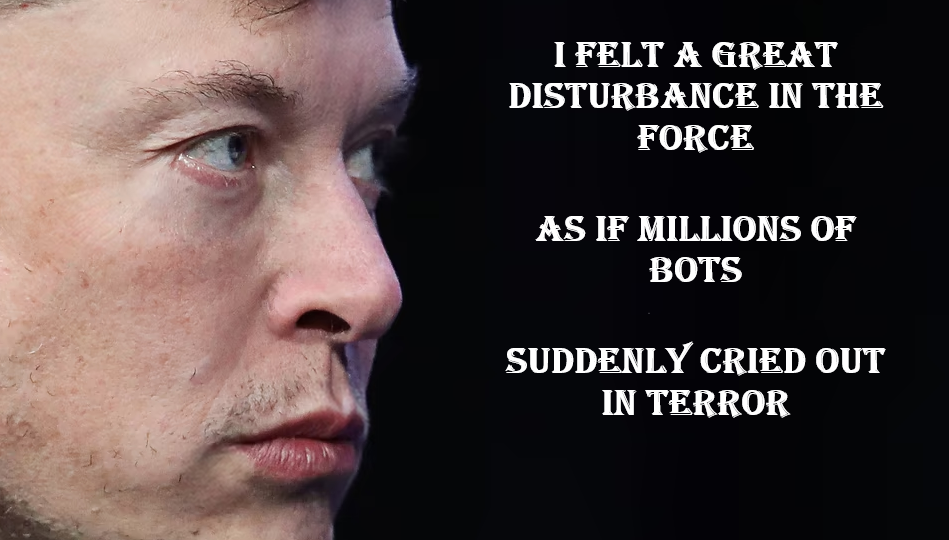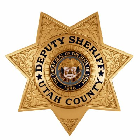https://www.thebalancemoney.com/what-is-a-petrodollar-3306358
What Is the Petrodollar?
The U.S. dollar is the standard currency used to pay for oil globally, prompted by an agreement between the U.S. and Saudi Arabia in 1945. This agreement led to other oil-exporting countries accepting the dollar as payment for oil, and the relationship between the dollar and oil began.
Some countries exported so much oil and accumulated such large amounts of U.S. dollars that they couldn't spend them all. If the country accepting U.S. dollars as payment can't spend them all, they are effectually removed from circulation. The dollars these countries could not spend came to be known as petrodollars.1
History of the Petrodollar
The petrodollar came into existence following the elimination of the gold standard. After World War II, the United States held most of the world's supply of gold. It agreed to redeem any U.S. dollar for its value in gold if the other countries pegged their currencies to the dollar. Other countries signed onto this deal at the 1944 Bretton Woods conference. It established the U.S. dollar as the world's reserve currency.
On February 14, 1945, President Franklin D. Roosevelt initiated the alliance with Saudi Arabia.2 He met with Saudi King Abd al-Aziz. The United States built an airfield at Dhahran in return for military and business training. This alliance was so critical that it survived subsequent years of differences of opinion over the Arab-Israeli conflict.
Note
The 1945 agreement between the United States and Saudi Arabia cemented the relationship between the dollar and oil. The petrodollar was born.
In 1971, U.S. stagflation prompted runs on the dollar. Many countries asked to redeem their U.S. dollars for gold.3 To protect the remaining U.S. gold reserves, President Richard Nixon removed the dollar from the gold standard.
As a result, the dollar's value plummeted, which helped the U.S. economy as its export values also decreased, making them more competitive.4 A falling dollar hurt oil-exporting countries because contracts were priced in U.S. dollars. Their oil revenues dropped along with the dollar. The cost of imports, denominated in other currencies, increased.
In 1973, Nixon asked Congress for military aid to Israel in the Yom Kippur War.5 The newly-formed Organization of the Petroleum Exporting Countries halted oil exports to the United States and other Israeli allies. The OPEC oil embargo quadrupled the price of oil in six months. Prices remained high even after the embargo ended.
Petrodollar Recycling
In 1979, the United States and Saudi Arabia negotiated the United States-Saudi Arabian Joint Commission on Economic Cooperation.6 They agreed to use U.S. dollars for oil contracts. The U.S. dollars would be recycled back to America through contracts with U.S. companies. These companies improve Saudi infrastructure through technology transfer.
Note
Oil-exporting countries use petrodollars to fund domestic consumption.
That increases imports, provides higher wages for government employees and boosts the local economy.
The rest is used to improve the nations' finances. They recycle their petrodollars through sovereign wealth funds. They use these funds to invest in non-oil-related businesses. The profits from these businesses make them less dependent on oil prices. Here are the world's five largest petrodollar recyclers ranked by assets:7
Norway Government Pension Fund Global—$1.34 trillion
China Investment Corporation—$1.2 trillion
Kuwait Investment Authority—$ 738 billion
Abu Dhabi Investment Authority—$709 billion
GIC Private Limited—$690 billion
Can the Petrodollar Collapse?
The United States uses the power of petrodollars to enforce its foreign policy. But many countries don’t fight back. They are afraid it would mean the collapse of the petrodollar system.
For example, the United States sanctioned Iran for refusing to halt its development of potential nuclear weapons.8 Similarly, it hit Russia with trade embargoes for invading Crimea and creating a crisis in Ukraine.9
Note
The effects a shift to renewable energy will have on the U.S. are unknown, although there is concern about the change in some circles.
China called for a replacement of the U.S. dollar as a global currency.10 Ironically, it is one of the largest foreign holders of the dollar. China influences the U.S. dollar by pegging its currency, the yuan, to it.
Will these rogue attacks cause a dollar collapse? No, at least not for the near future. That is because there is no alternative. The dollar is likely to remain the global currency because of its stability even as nations limit greenhouse gas emissions to fight global warming. The shift to electric vehicles and solar or wind power generation threatens oil-producing nations' economies, but it is unlikely that the dollar will lose its status as the dominant world currency.
Key Takeaways
A petrodollar is a U.S. dollar paid to an oil-exporting country that cannot be spent on imports for that country.
The 1945 U.S.-Saudi agreement created the petrodollar.
The purchasing power of a petrodollar relies on the value of the U.S. dollar.
https://deepknowledgeinvesting.com/down-goes-the-petrodollar/
We have warned, and warned and warned that the design of the anti-Russian sanctions are impairing the value of the dollar as the world’s reserve currency. In particular, we have been concerned about the status of the petrodollar. The US made a deal with Saudi Arabia in the 1970s where in exchange for the US providing security guarantees for the Saudis, they would ensure that all oil was priced and paid for in dollars. This created incredible worldwide demand for dollars and enabled the US to run insane annual deficits that we would monetize by printing dollars. Essentially, we’d import goods from overseas and pay for them in dollars we created at no cost to ourselves. Other countries would in turn use those dollars to buy oil.
When the US locked up the dollar denominated reserves of Russia, Putin responded by insisting that Russian oil be paid for in rubles, gold, or Bitcoin. European allies made a show of standing strong, and then started to pay for Russian gas and oil in rubles. This week, NATO member, Turkey agreed to buy Russian energy in rubles. Separately, Saudi Arabia is negotiating to sell oil to the Chinese in exchange for yuan. The dollar is the largest export of the United States, and the petrodollar was a huge driver of demand for dollars.
So, here’s the big question: We’ve been sending dollars overseas for decades. When other countries no longer have a need for dollars, what happens when they come back onshore in exchange for our goods and services? What if the owners of those dollars want to buy our real estate and businesses? Inflating the money supply always leads to inflation even if you can find a place to park the excess currency for decades.
https://twitter.com/POTUS/status/1580225551461404673
https://nitter.net/POTUS/status/1580225551461404673
Brian Deese is the current director of the National Economic Council (NEC) under President Joe Biden.
Because the director of the NEC is not a cabinet-level position, he did not need to be confirmed by the Senate.
Prior to his current position, Deese was global head of sustainable investing at BlackRock Inc. (BLK), a position he'd held since 2017.
KEY TAKEAWAYS
Brian Deese serves as head of the President's National Economic Council (NEC).
Prior to this post, Deese served as a senior economic advisor to President Obama.
Deese came from the private sector where he led Blackrock's sustainable investments division.
Prior to serving at the White House, Deese worked at the Center for American Progress and at the Center for Global Development.
He received his Bachelor of Arts from Middlebury College and his J.D. from Yale Law School.
Deese temporarily abandoned his Yale law studies to work for the Hillary Clinton campaign in 2008.
Notable Accomplishments
Deese is responsible for the coordination of policymaking on both domestic and international economic issues. The NEC provides economic policy advice to the president, ensuring that policy decisions and programs are in line with the president's economic goals.
As head of BlackRock's sustainable investing division, Deese advised clients on how to achieve investment returns that meet environmental, social, and governance (ESG) criteria.
Immediately prior to joining BlackRock, Deese was a senior fellow at the Harvard Kennedy School. He served as a White House senior advisor to President Barack Obama from 2015 to 2017. Between 2009 and 2015, he held several positions at the White House, including special assistant for economic policy to President Obama following the 2008 financial crisis, deputy director of the NEC, and deputy director as well as acting director of the Office of Management and Budget.
Deese played crucial roles in developing the bailout of the U.S. auto industry following the financial crisis as well as in negotiating the Paris Climate Agreement during the Obama administration.
Some environmental activists have criticized Deese's appointment due to his position as the world's largest asset manager. Critics say BlackRock and Deese have not done enough to diversify away from fossil fuels.


This is just pure evil....
HAMILTON, Miss. (WCBI)- A viral video showing people scaring children at a North Mississippi daycare is sparking outrage by parents.
The WCBI newsroom has talked with numerous concerned parents overnight. Because it does involve kids, WCBI is not showing the video or faces at this time.
WCBI is working to get all the facts on this developing story.
WCBI’s Allie Martin has been able to confirm this incident happened at the Lil’ Blessings Daycare in Hamilton. The video shows alleged daycare workers wearing Halloween masks and scaring the kids.
The children are visibly shaken up, crying, and screaming. One of the videos shows the alleged workers laughing about scaring them.
One of our reporters who’s been making calls learned the owner was not there during this time.
This is a developing story.
News article - https://www.wcbi.com/parents-concerns-grow-after-video-shows-children-being-scared-at-daycare/
Twitter - https://twitter.com/ArtValley818_/status/1577989446707818496
Catboxed video - https://files.catbox.moe/n7veyc.mp4
The daycare - https://childcarecenter.us/provider_detail/lilblessing-child-care-learning-center-hamilton-ms


However, like it or not, that is was the media calls us. That is what normies know us by. The Kash interview is a bit of a big deal. Think drip, drip, drip. The normies don't give two rats craps the separation of Q and Anons and "QAnon."
If we want to introduce ourselves (perhaps more accurately, if they are going to start to listen to us), we're going to have to do it in their language, initially.
Speculation can abound from that point forward in this discussion, but for now lets take this win for what it is. A broader introduction to the masses that we aren't crazy conspiracy nuts.
We are the news and [they] have dubbed us QAnon. I say whatever gets the message out (actually Kash said that too didn't he?) we roll with it.
Soldier on frens.



